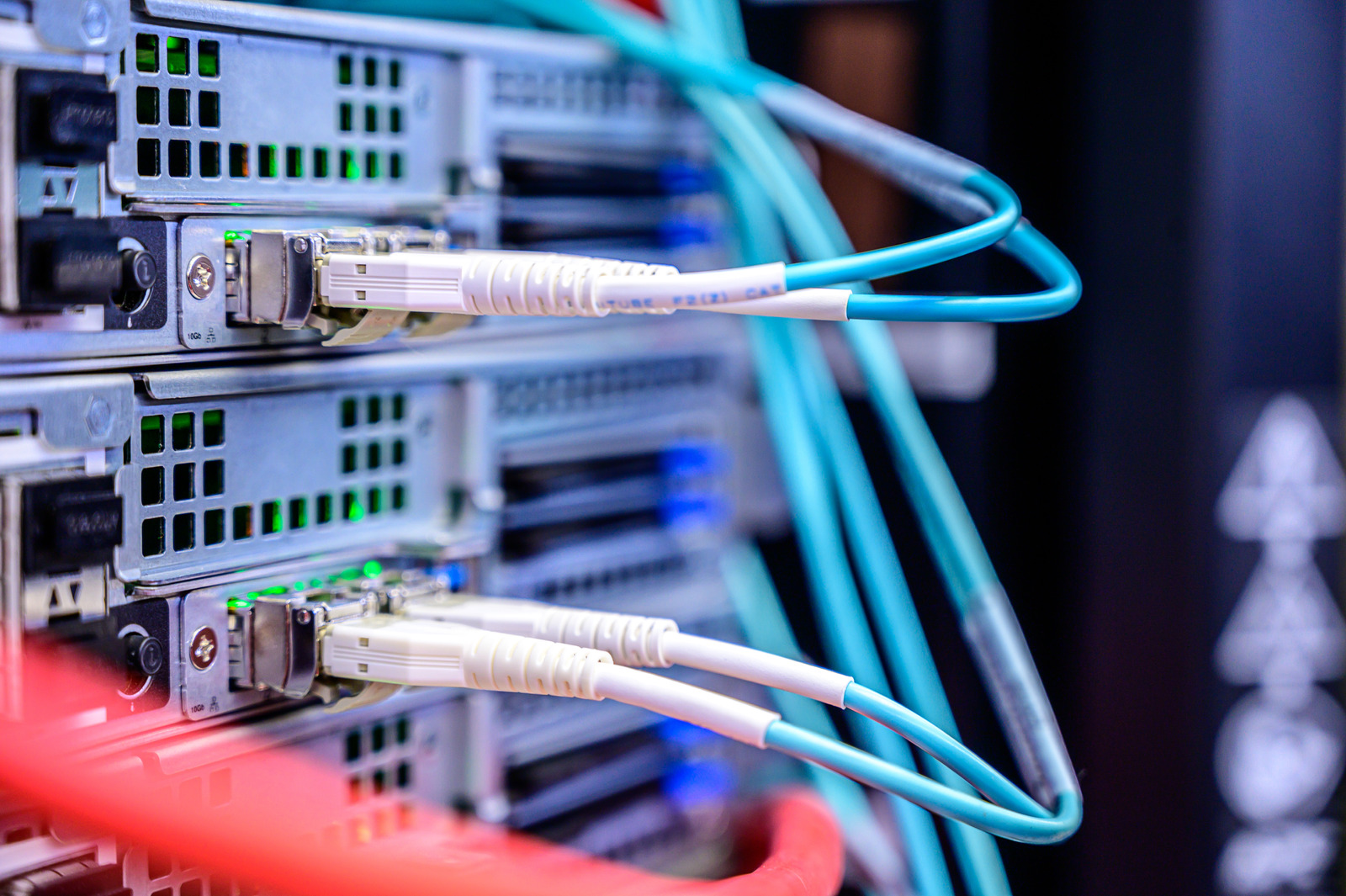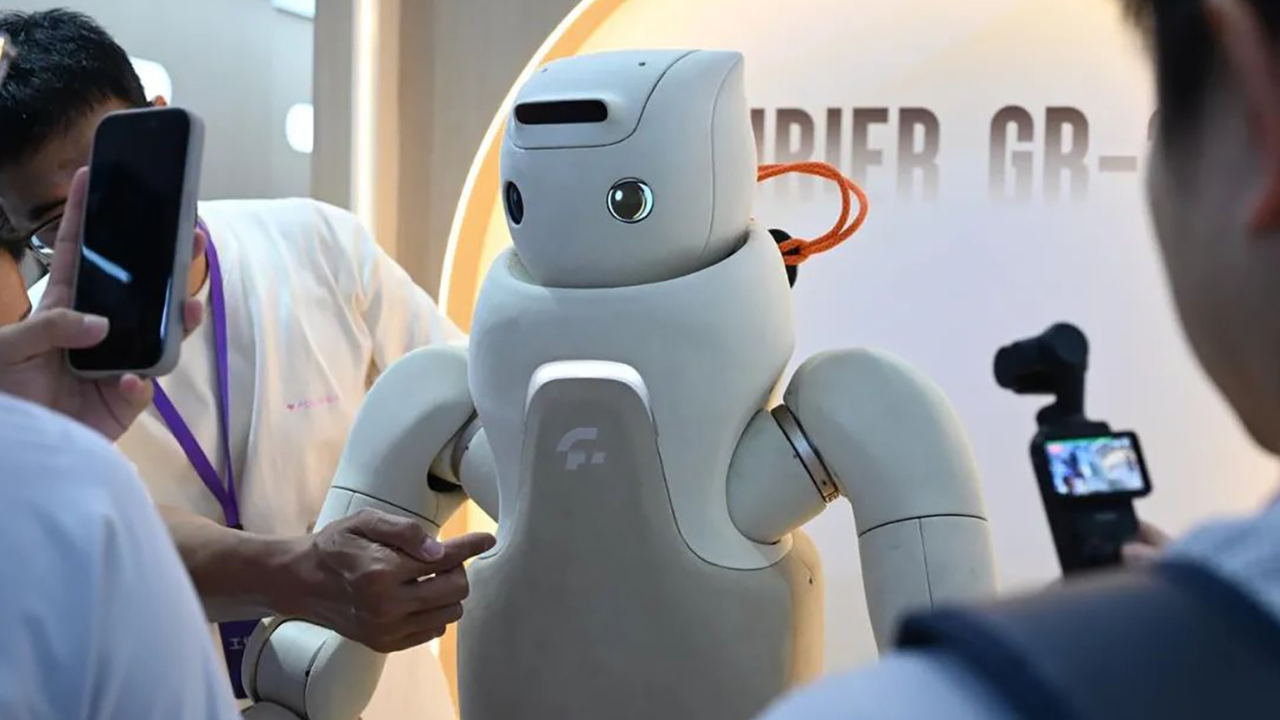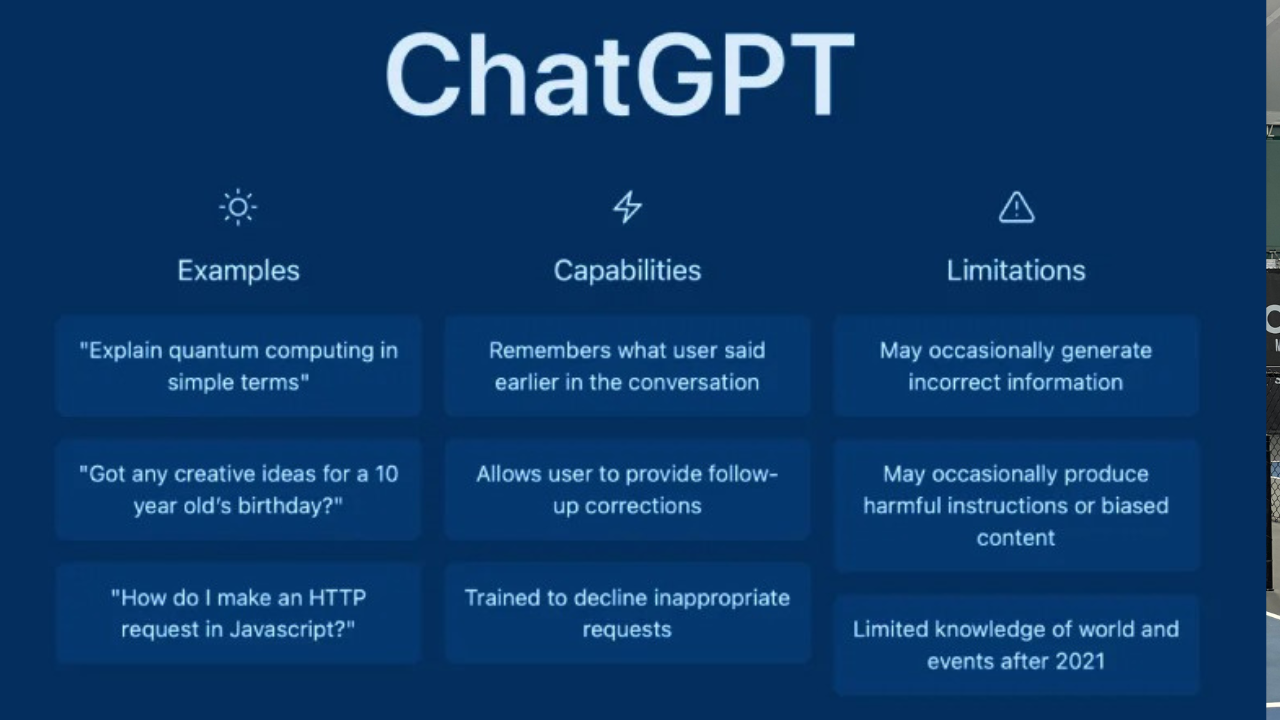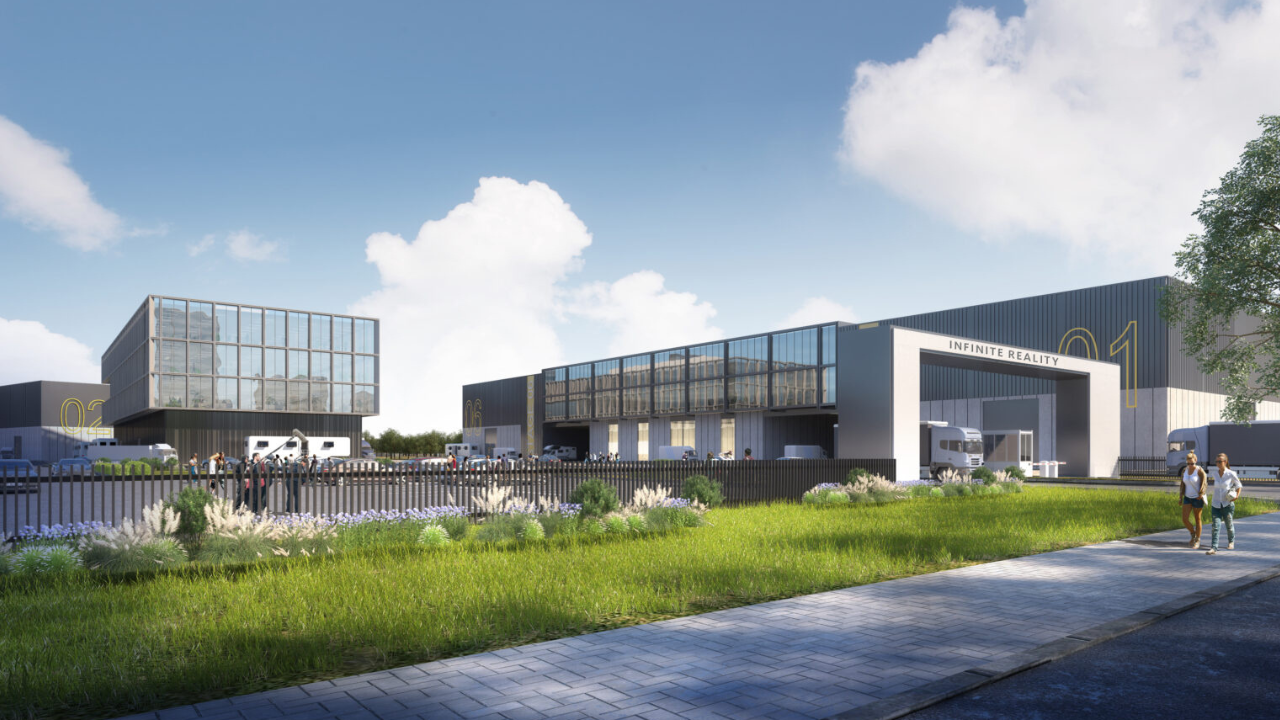In a world that is seemingly always connected, there are still those who cannot take advantage of internet access. According to the 2014-2018 US Census American Community Survey in Palm Beach County, 17%, or 92,000 households, were not connected to high-speed internet. Those households also earn 2.3 times less income, are 4 times less likely to have at least a bachelor’s degree, and were expected to live 8.4 years less.
Now, the Palm Beach community has gathered to bridge this digital divide. Community Partners of South Florida has received nearly $500,000 in grants from Quantum Foundation, Community Foundation for Palm Beach and Martin Counties and other funders. The money will be used to create four full-time positions dedicated to bringing technology access and education to areas of most need in Palm Beach County within the Digital Divide Pilot Program. According to Quantum president Eric Kelly, the five pillars of the program are infrastructure (ensuring towers reach specific areas), a quality devices component (making routers and computers readily available), high-speed internet access, affordability and technology literacy.
Through the program, the CPSFL will hire four community technology navigators and a project manager to work with residents in their homes or at community sites to provide internet service, devices, training, tech support, and educational content. Residents in the western communities of Belle Glade, Pahokee and South Bay, Riviera Beach, and the north end of West Palm Beach will be provided with needed services—either access to WiFi, hardware to connect, education, or all of these things on a case-by-case basis.
Quantum Foundation and other funders anticipate that these actions will allow individuals to access employment opportunities, families to be better able to apply for benefits, seniors to have an easier time refilling prescriptions or participating in a telemedicine visit, and children to get help with virtual schooling—all solutions that can impact a community’s health and well-being.
“Data shows that residents of the most disconnected neighborhoods are expected to learn less, earn less, and live less than the average county residents,” says Eric Kelly, president of Quantum Foundation. “While water, electricity, and mail are known essentials to our society, WiFi has become as vital to our lives as these other utilities. The existing digital divide, made worse by the sudden shift to virtual learning and remote working, has created an environment in which equity gaps are likely to widen for a significant portion of our county’s population. The resulting negative outcomes are expected to further increase the burden placed upon healthcare providers, local governments, and nonprofit organizations to address the consequences of the digital divide. CPSFL, with its comprehensive approach to equity for all residents across housing, mental health and community services, is the ideal strategic partner to help us close the digital divide.”
Recipients will be chosen on a referral basis from schools and nonprofit organizations, and navigators will work with the clients, primarily those lower-income households with students, working-age residents, and seniors with no preset eligibility requirements. The navigator will connect households with available resources and services they qualify for from government resources, and those who do not meet eligibility requirements will be connected with equipment as funding becomes available.
“Digital equity is essential in our efforts to give under-connected communities the access and opportunity they deserve,” said Brad Hurlburt, CFPBMC CEO. “Nonprofit, business, and government must work in partnership with residents and community leaders to close the digital divide so that children have an equal playing field when it comes to their education.”
To learn more about opportunities with the pilot program, click here.














